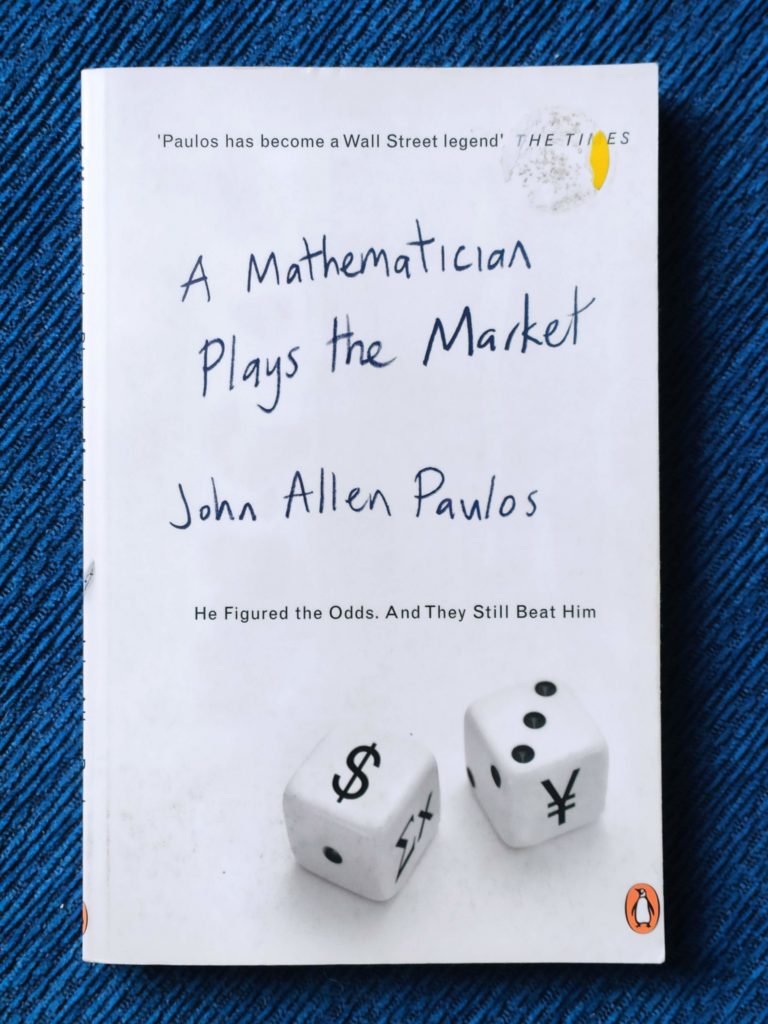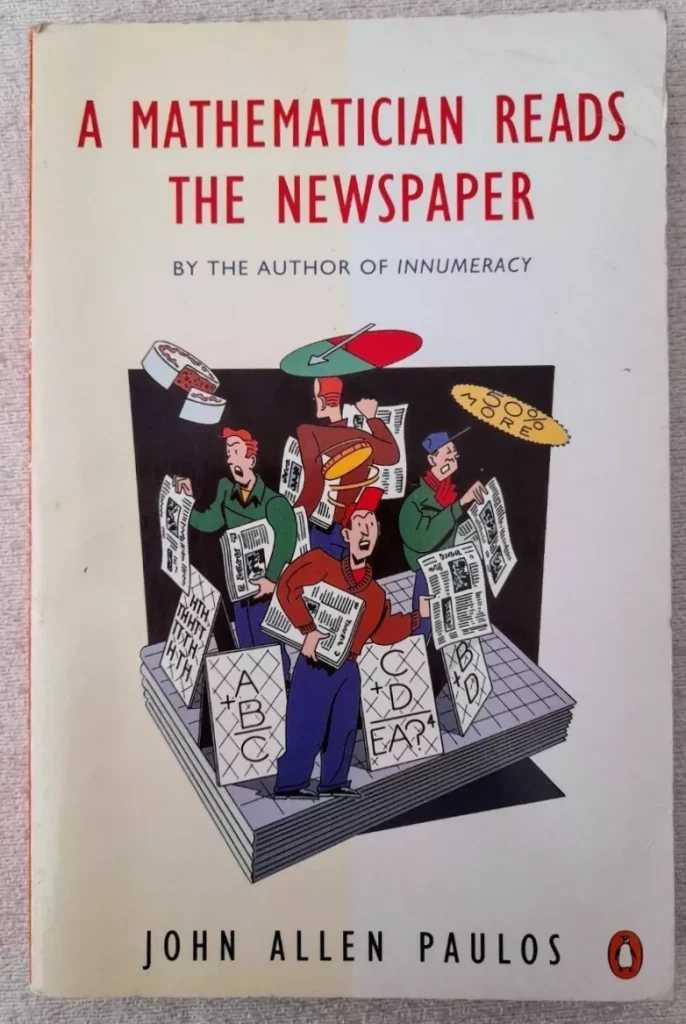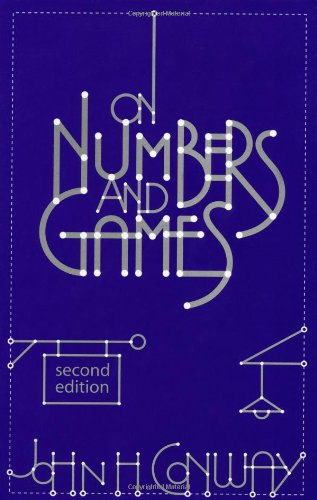
Back in the dot-com bubble of 20-odd years ago, WorldCom was one of the many companies that crashed and burned, taking investors’ money with it. John Allen Paulos was one of these investors, obsessively throwing good money after bad, long after the point when he should have cut and run. In this book he tries to explain why he succumbed to the madness of crowds like that, and in the process explains a lot about how the stock market works. He also discusses lots of interesting mathematical details, and also the benefits and pitfalls of various investment approaches.
Continue reading

 The whole idea of mathematics is to make things easier. It allows us to understand the world is ways that would be impossible without it. So it’s a great shame that many people see it as shrouded in mystery. Eugenia Cheng tries to overcome this problem in this book about mathematics and cooking (and in some cases, the mathematics of cooking).
The whole idea of mathematics is to make things easier. It allows us to understand the world is ways that would be impossible without it. So it’s a great shame that many people see it as shrouded in mystery. Eugenia Cheng tries to overcome this problem in this book about mathematics and cooking (and in some cases, the mathematics of cooking).
